A Senior Send-Off: Good Luck to the Chronicle Senior Editors!
May 15, 2023
Dear Sarah Jacobson, El Dager, Janani Pattabi, Sarah Mizzen, Brianna Freeburg, Sarah Kim, and Alex Curry,
Congratulations! You’ve made it to the end of your high school career. During the past year, your dedication and passion for the Chronicle Newspaper created a wonderful legacy for future editors. By being a leader in your own way, you helped me with the daunting task of teaching the journalism class and running the club. Let me send you off with a feature article solely about you all.
Even before she was an editor, Alex started a fashion column by interviewing students about their fashion choices, which then led her to become the editor of the photo section. Alex had no idea that her section would influence others. It wasn’t until she saw another student write a fashion article similar to hers that she realized other students were eager to write photo-based articles as well.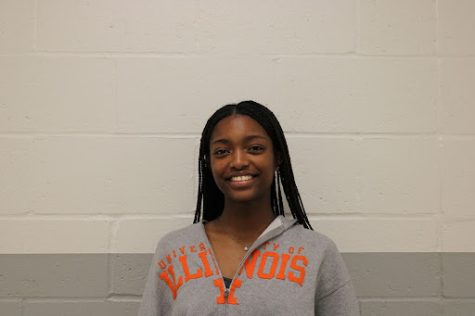
Brianna and Sarah Jacobson are both students in the class, allowing them to work closely with the other students, who are called staff members. The class is a tight-knit group, despite it having students from every year. They joke and talk with each other easily, creating a comfortable atmosphere.
The editorial board is even closer. Even El, who joined as a last-minute edition a quarter into the year, found the editors friendly and welcoming. Their friendship with fellow editor, Julia Hopkins, made it seem like they’d been friends longer for the two years they’d known each other.
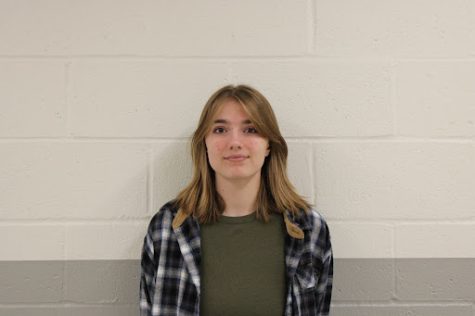
Each Wednesday during 6th hour, the editors have a meeting where the editor-in-chief, Janani Pattabi, goes over the week’s agenda and responsibilities. Once Janani finishes going over their responsibilities, the editors are free to converse and work on their articles. Both Sarah Kim and Brianna say these meetings were some of their favorite memories of being an editor.
“I like the editor meetings, just in general,” Brianna said, “because I love the space and I love hanging out with everybody and talking about things other than the newspaper. I always look forward to them, to be honest.”
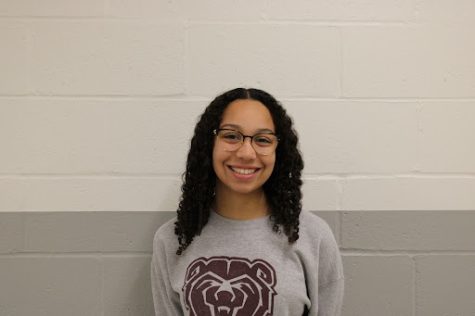
For Sarah Kim, the meetings act as a way to connect to others when she normally wouldn’t. “Some of these people I wouldn’t have met if I hadn’t been on the Chronicle,” said Kim. “The conversations can get crazy sometimes but we usually have fun.” The conversations range from the usage of AI in writing and art, nerve-wracking AP and SAT testing, to simple gossip sessions. The room often echoes with laughter, and the fifty-four minutes feel all too short.
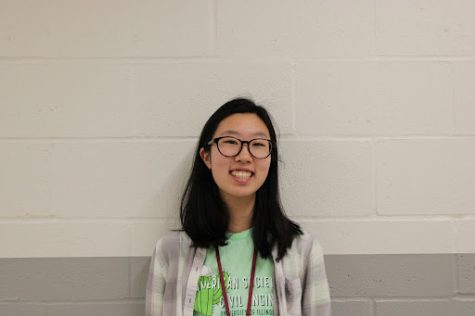
Once the seniors graduate, they will all be off to college. Several of them will continue their interest in writing, like Sarah Jacobson, who plans on attending Parkland Community College. “I hope to join The Prospectus, which is their newspaper. Even though I am starting with LAS undesignated, journalism is one of the majors that I am thinking of pursuing down the road,” she said.
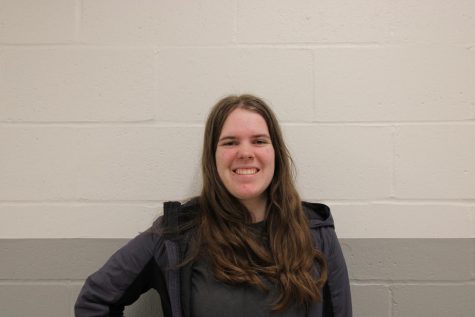
El plans on going to Illinois State University as an English major but hasn’t written off journalism as a possibility. “I might [use my journalism experience],” said El. “I’m going to start out by majoring in English but I’m not sure where I’m going to focus on yet, but we’ll see where that takes me.”
Excitingly, Janani plans on majoring in journalism and creative writing at the University of Iowa. “I chose to double major because I want to become both a reporter and an author when I’m older. I can do that by joining the InkLit Magazine and also writing for the school newspaper, the Daily Iowan,” Janani says. As a previous creative writing minor at the University of Illinois, maybe I’ll see some published works with Janani’s name on them.
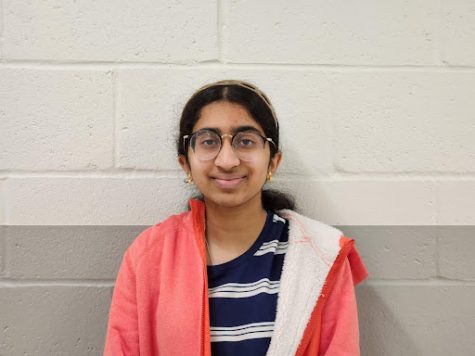
Others plan on focusing on non-writing-related fields, which shows the diversity of the editorial board. Mizzen decided on double-majoring in music education and jazz performance at the University of North Texas, which in her words is “the band school,” in the country. Majoring in one music-related field is impressive, but two shows how dedicated Mizzen is to pursuing music as her career.
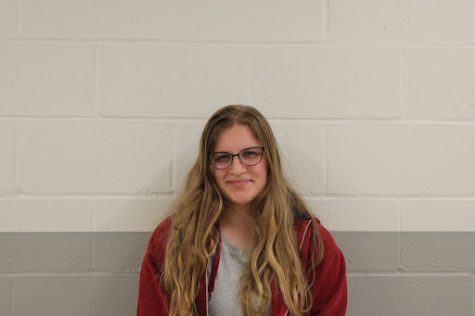
Brianna will be pursuing a psychology degree via the pre-med track at Spelman College, one of the oldest historically black colleges in the country. One of the things that drew her in was the school’s focus on confidence. “One of the main things was everyone was confident in what they were doing and that’s something I want to have. The teachers seem to make them confident, and that’s what they emphasize at that school.”
Preparing for college can be nerve wracking, and most students would be nervous. But when asked if she would miss anything from high school, Sarah Mizzen surprisingly said nothing. The prospect of going to college for music education is incredibly exciting for her, except for the fact that it’s in Texas. “In high school, I can be involved in music, but there’s so much other stuff. I don’t have the liberty to be in music classes all day,” says Sarah. Despite not being a music student in college, I can understand Sarah’s excitement for college. Who wouldn’t want to go to school for something that they’re actually passionate about?
But no matter what they’ll be studying, their course load and classes will certainly be more difficult than high school. Sarah Jacobson is “mainly nervous because I know that my school work is going to be more and school work is going to be harder, academically.” Brianna also expressed that Spelman is a very academically rigorous school, and that her high expectations may affect how she does in college.
Even Janani expressed that she was “terrified,” especially since she was stressing over making the right choice of where to study. These choices are all so daunting that doing them for the first time can seem like the most important thing in the world. But seniors—you have completed some of the scariest decisions already. The classes and clubs you participate in will act as a web of natural connections that will help you throughout your college career. Yes, it will be scary. It may be awkward. But as long as you make the effort, you will succeed.
It’s my hope that the seniors will use their experience from the Chronicle to aid them in college. Sarah Jacobson feels as though her writing skills have improved overall. She felt that “I’ve grown in giving ample feedback that I can use in other positions too.” From a teaching position, I’ve watched Sarah grow from a quiet student to one with a sharp sense of humor. It comes out of nowhere, oftentimes eliciting sudden laughter from others.
Alex understands what it means to be in a leadership position better. She knows what it feels like to be in a leadership role, especially “aiding my peers to become better journalists. Also, I feel more knowledgeable about the world of journalism and what are the inner workings of a newspaper.” Even though the photography section usually has a smaller percentage of articles, Alex still did a great job communicating and supporting her fellow staff members. If she didn’t have any photo articles, she would edit articles from a larger section.
A large part of being an editor is knowing how to give effective feedback. Finding a nice balance between what to change while also allowing the staff member to write in their own style is something that editors need to realize. Brianna thought that she’d “grown with how I help people with suggestions. I used to tell them everything, and I would make small edits. Also, I used to be a little bit more harsh. I think I’m less harsh now.”
Sarah Mizzen also talked about the balance between giving critique and feedback. It can often be a daunting task. “I’ve learned to not be so scared to give suggestions and critiques. I know it benefits the writers.” But the feedback is necessary for the staff members to improve their writing. No feedback is worse than getting harsh feedback.
El said that communication is where they’ve grown the most, and to that, I agree. To write articles, students need to send emails to establish interviews, follow-up questions, and clarify information. A lack of communication results in late deadlines and canceled writing. Dager feels “much more confident reaching out to people, not just within the club or class. It’s helped improve those skills and my confidence to just ask questions.” Without this confidence, Dager might not have excelled as much as they did in their year with the Chronicle. Kim adds that she’s “definitely become a little bit better at communicating and not being afraid of asking for help.”
Experience being an editor also requires excellent time management, which Janani had to learn quite quickly. “I used to take my time with writing, But with journalism, you have to produce more quality work in a short amount of time,” she said. There were multiple occasions where Janani was writing two, maybe three articles. I was worried that she might have pushed herself too hard and always gave Janani a way to cut down on her articles. Her passion for journalism always shined through, and she produced quality work each time.
A year was too short of a time to get to know these seniors. I feel like it was not too long ago that I was trying to figure out the structure of the meetings and how to work with the four-week cycle. But these seniors were able to lead me through the transition of supervising the journalism club and teaching the class. While I wish they could stay for a little bit longer, I know they will all have an amazing time at their respective colleges.
The editors have left the Chronicle in great hands with Samaira Sandil as the editor-in-chief and Julia Hopkins as the managing editor. When asked what advice they’d like to give the future editors of the Chronicle, many of the seniors talked about the rapport of the editorial board. “My advice is to ask for help if you need it,” said Alex. “Your fellow editors are there to help.”
For the future, the editors have nothing but supportive advice for next year’s editors. Brianna’s advice focused on a sense of independence while also having an open mind. “Things happen. Sometimes people turn in things late, sometimes people have poor communication. Don’t hesitate to cancel and be firm with the staff members. It’s a newspaper and it’s pretty important.”
“The biggest thing is don’t doubt yourself,” advised Janani. “You are doing a lot better than you think you’re doing. You were picked for a specific reason.”
To the seniors, a little piece of advice: you will do amazing things in the next four years. You will struggle, you will cry. But at the end of it all, you will come out better than you went in. Be brave, and use all the connections you make at your school. Everything will be okay.
Sincerely,
Teacher Choi
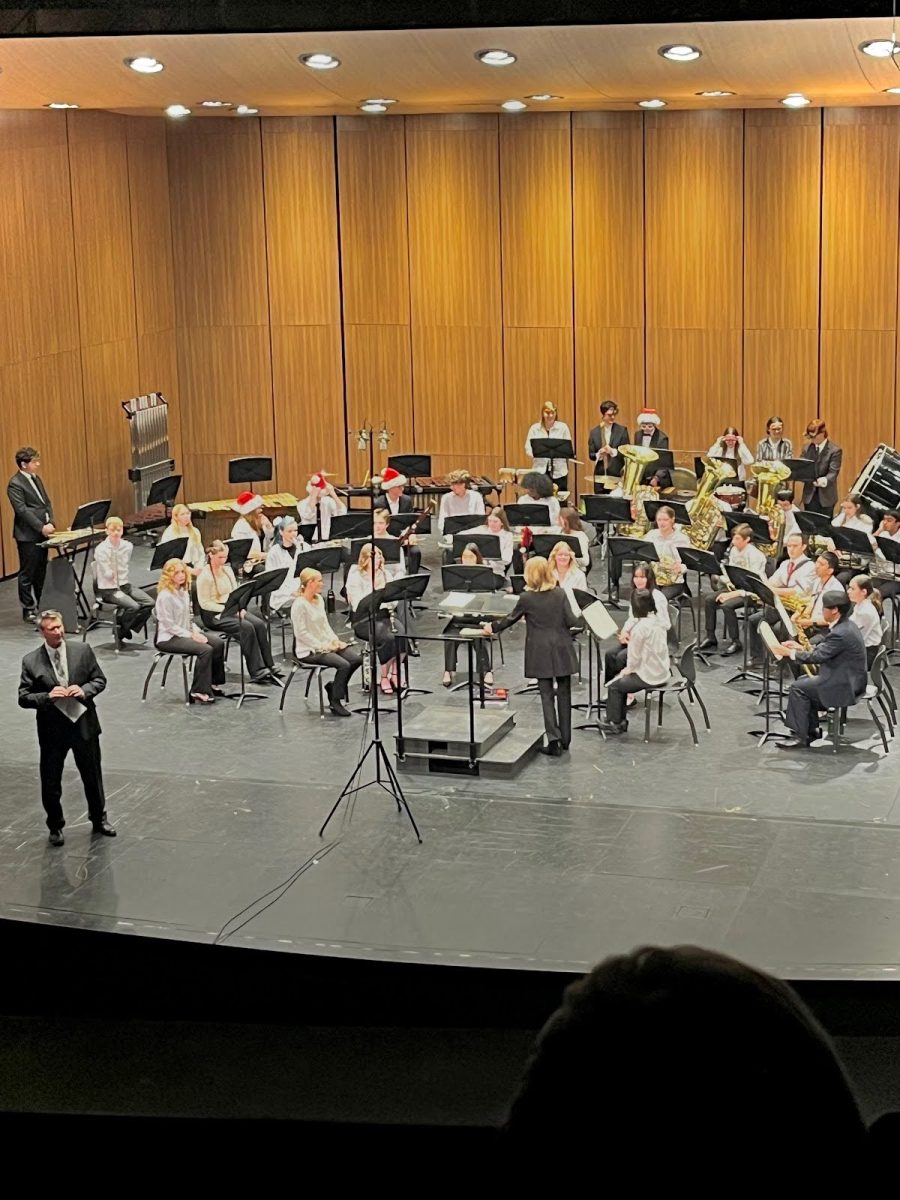






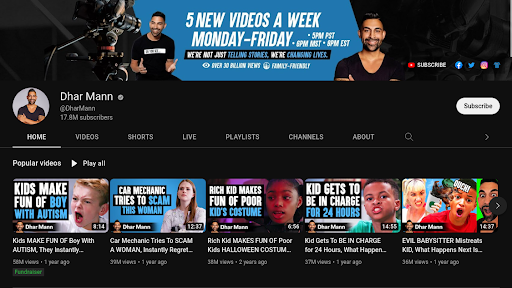
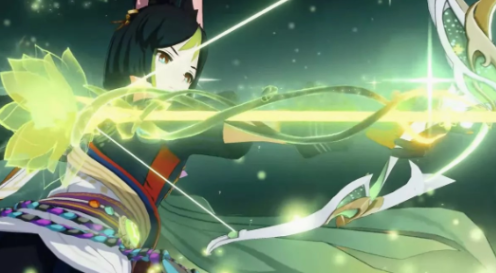
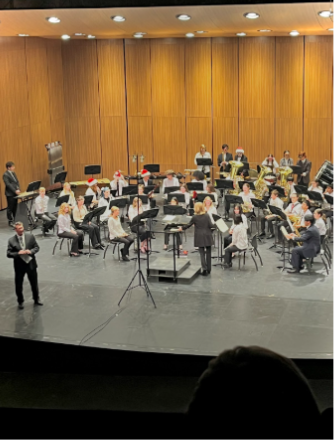
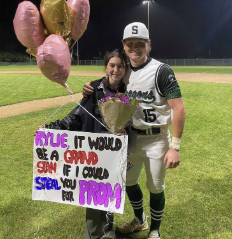
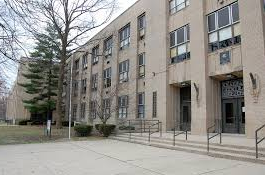
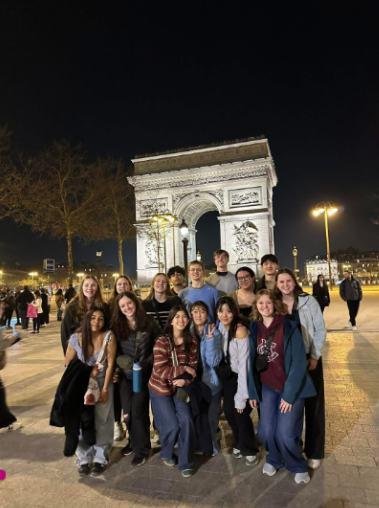

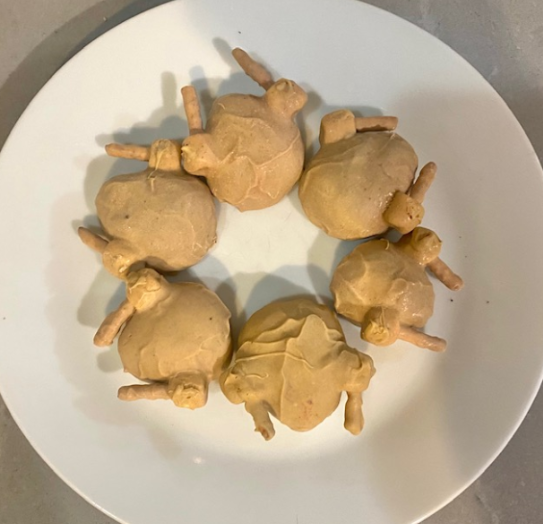
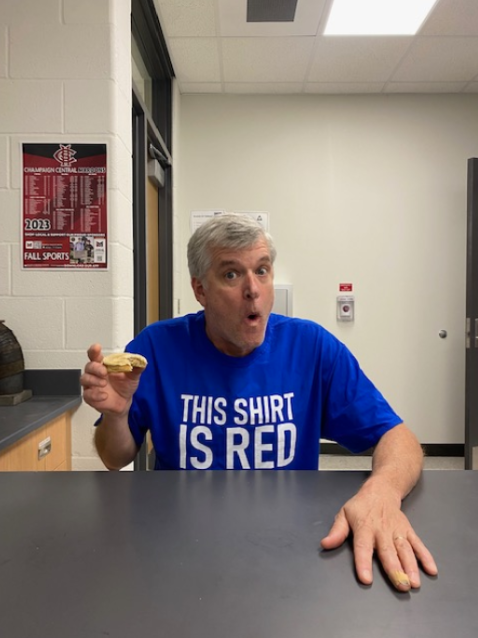
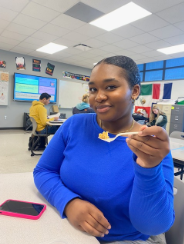

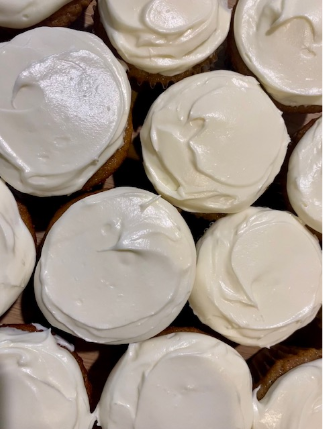



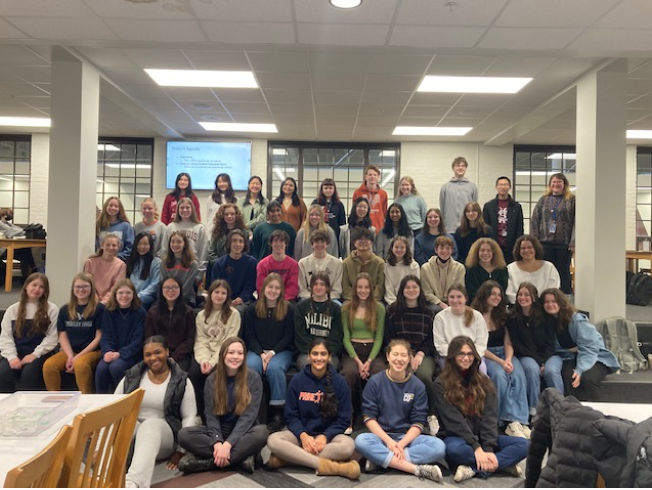





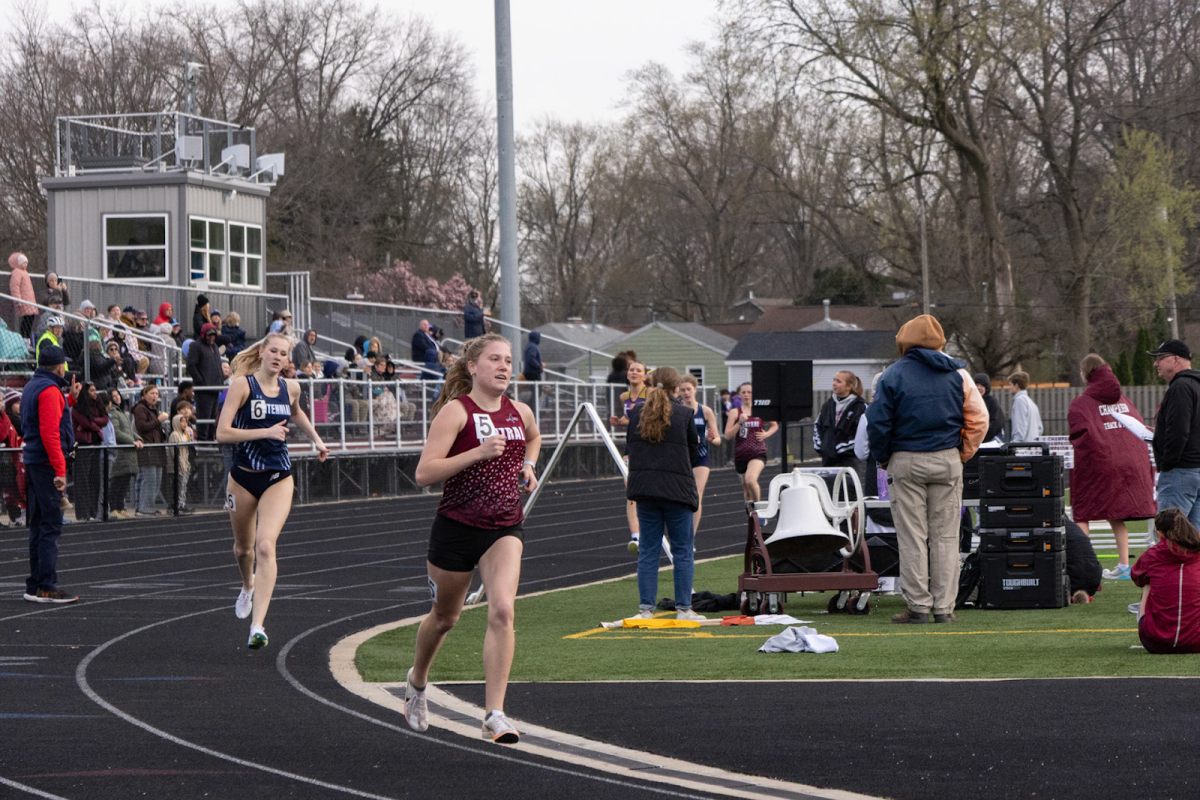
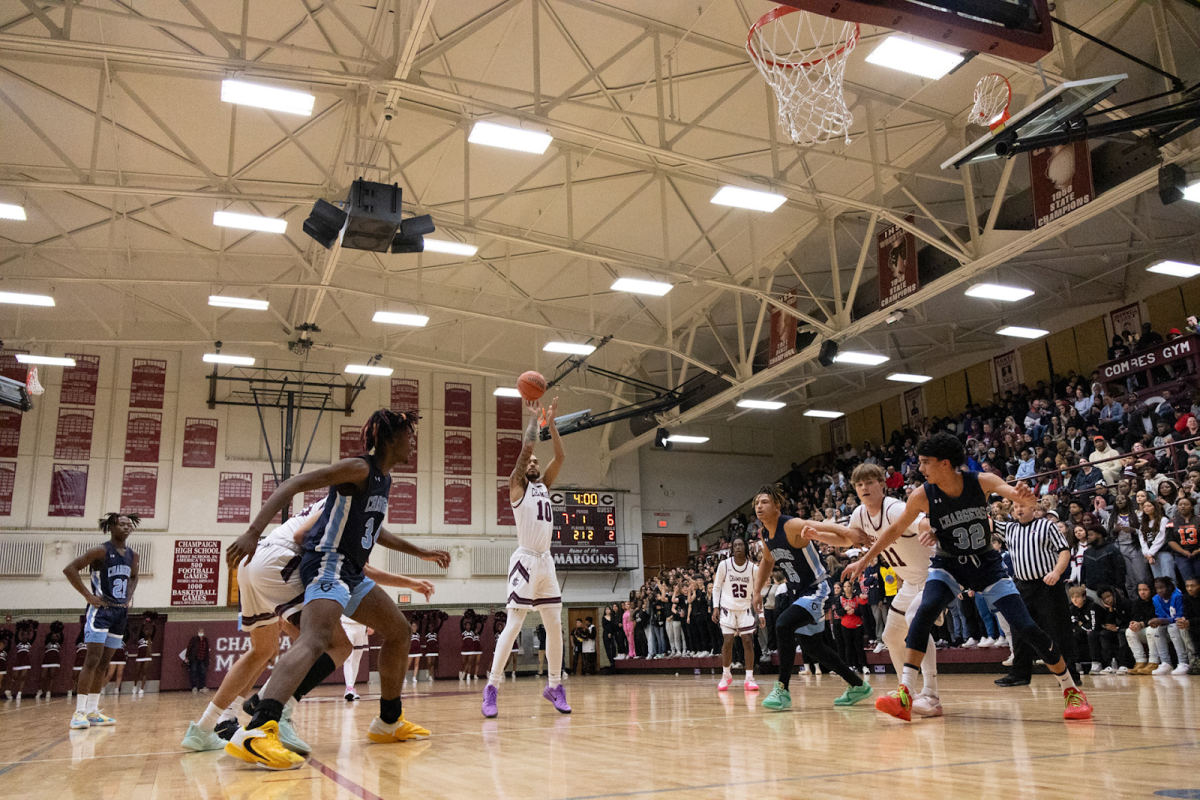

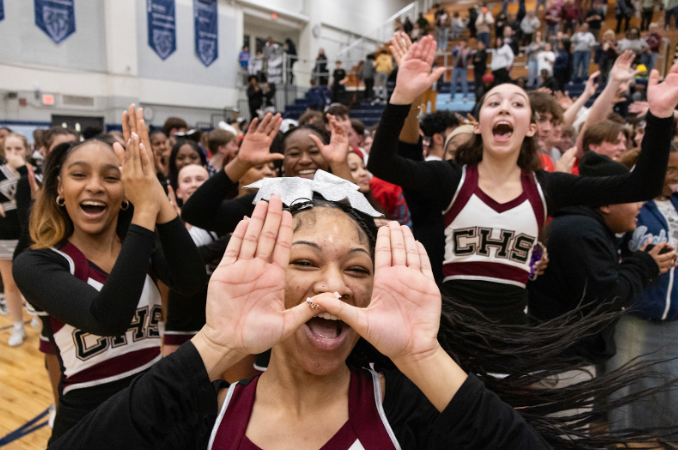

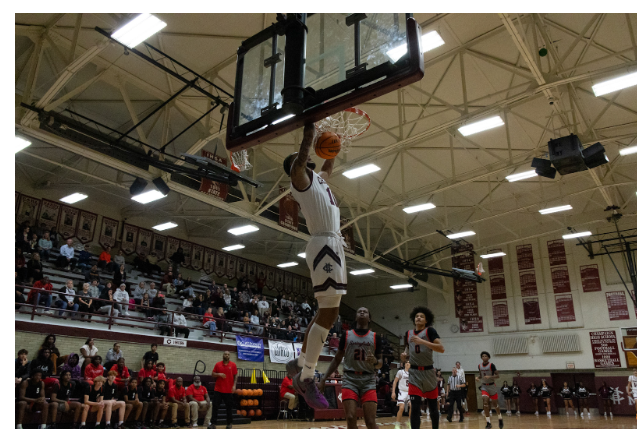
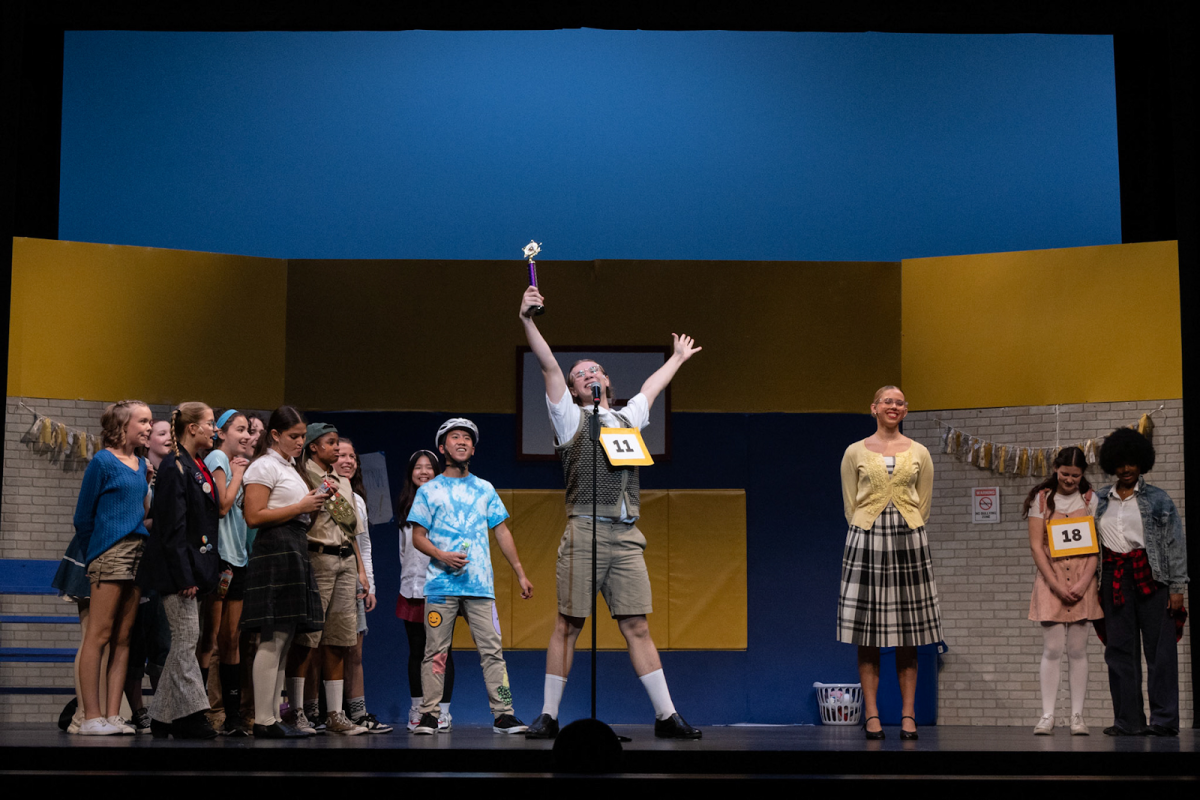
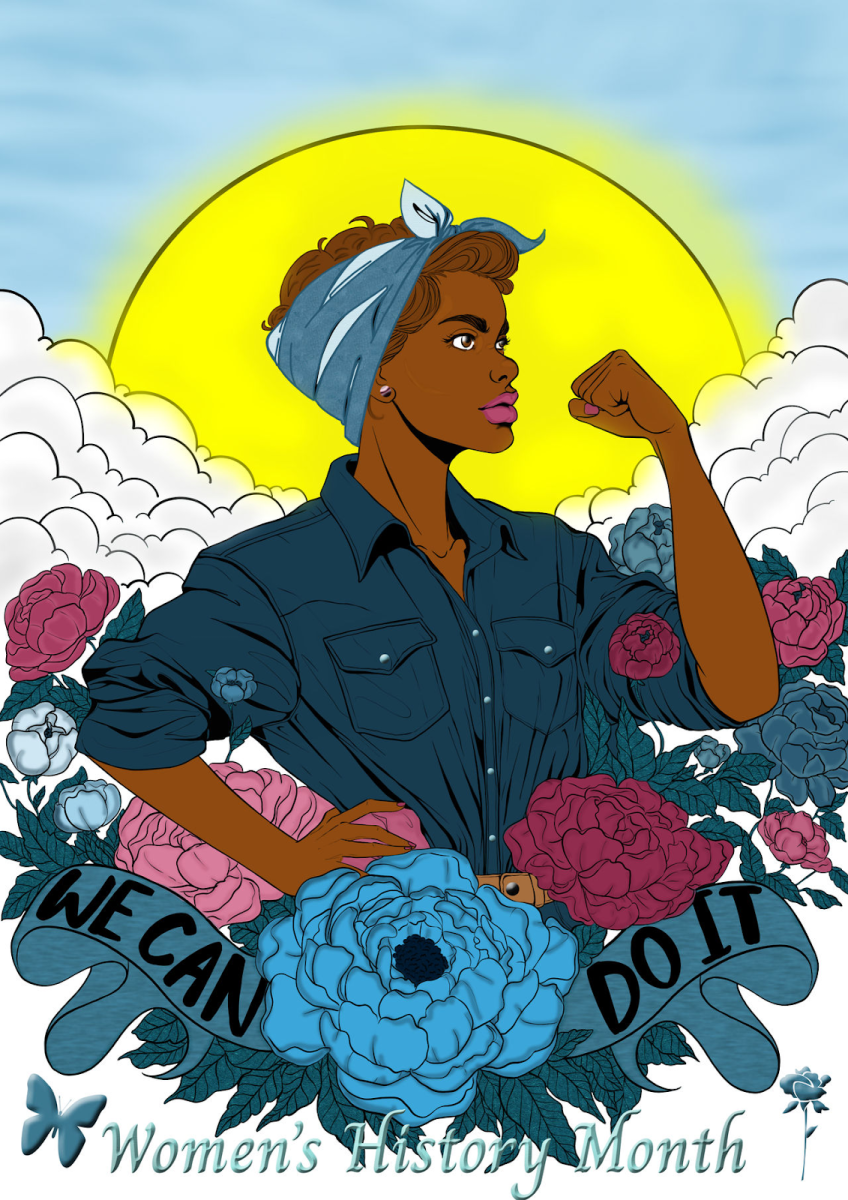
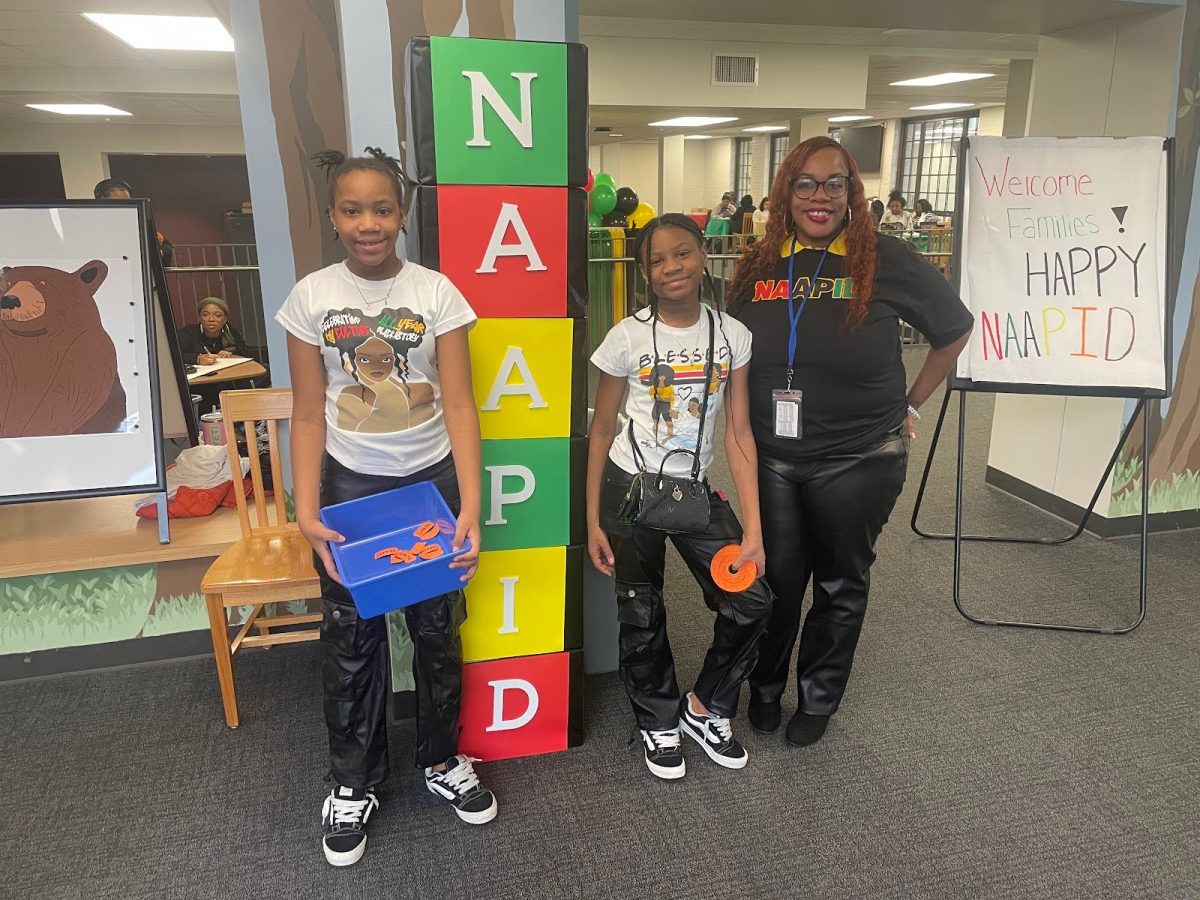









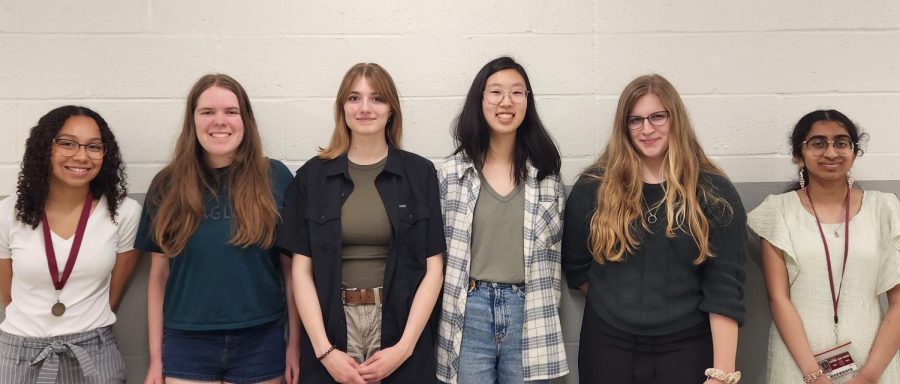
Charlotte Heads • May 18, 2023 at 9:38 am
I’m gonna miss you guys :’)
Sarah Jacobson • May 17, 2023 at 5:21 pm
aww teacher choi this is so sweet! i’ll miss everyone so much!
Teacher Choi • May 22, 2023 at 11:08 am
Gonna miss you too, Sarah!
Brianna Freeburg • May 15, 2023 at 9:56 am
Awww I love this sm! I’ll miss you Teacher Choi!
Advisor • May 22, 2023 at 11:05 am
Thank you!! Gonna miss being called dude by you, Brianna